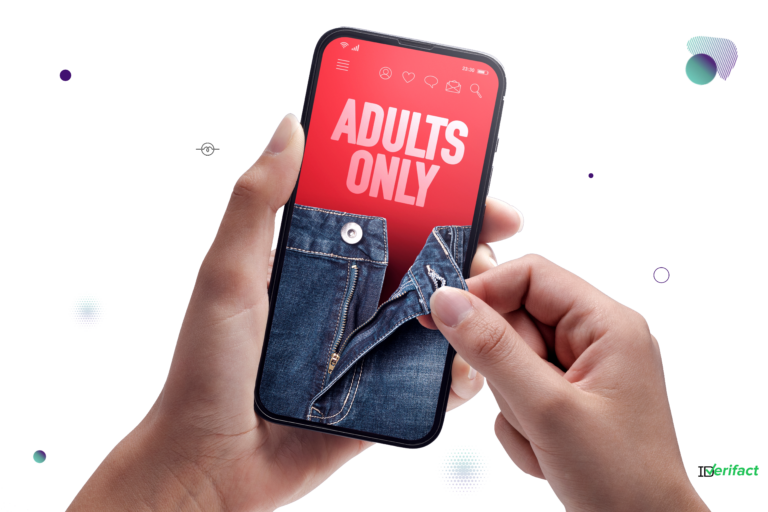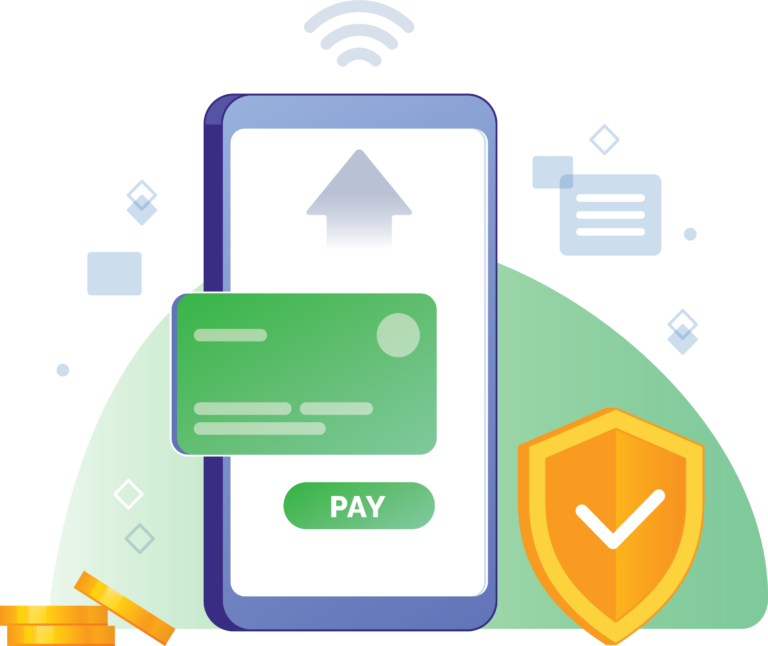
Advancing Safety and Security Measures in Adult Entertainment Platforms
The adult entertainment sector has witnessed remarkable expansion in recent times, and digital identity verification has emerged as an indispensable element within the industry. With the presence of competitive entities like OnlyFans, Unfiltrd, Patreon, Fansly, AdultNode, and others, the industry is experiencing unprecedented growth.










